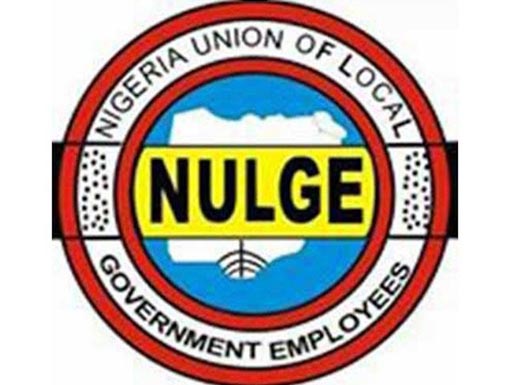
The National Union of Local Government Employees (NULGE) has cautioned the Central Bank of Nigeria (CBN) against obstructing the financial autonomy of local government councils, following reports that the apex bank has refused to open accounts for councils over alleged non-compliance with auditing requirements.
NULGE National President, Hakeem Ambali, dismissed claims that local governments had failed to submit two years of audited accounts, stating that every council in the country has at least three years of audited financial records.
Ambali emphasized that local governments are prepared to provide the necessary documentation to facilitate the smooth opening of their accounts with the CBN. He urged the bank to comply with the Supreme Court’s landmark ruling, which mandates that the Federation Account Allocation Committee (FAAC) remit local government allocations directly to their accounts, stripping state governors of control over the funds.
“There is no local government without at least three years of audited accounts. This is made possible due to the presence of Auditors-General at the local government levels,” Ambali asserted.
He further urged the CBN to issue a formal directive outlining the requirements for opening local government accounts, assuring that councils would comply once clear guidelines are provided.
Reports indicate that local governments are struggling to access their statutory allocations due to the CBN’s insistence on the submission of two years of audited financial reports, a move that has delayed the full implementation of the Supreme Court’s directive.
The Supreme Court, in its landmark ruling on July 11, 2024, ordered the FAAC to remit local government funds directly to their accounts, declaring the previous arrangement—where state governors controlled the funds—illegal and unconstitutional.
The judgment followed a lawsuit filed in May 2024 by the Attorney-General of the Federation and Minister of Justice, Lateef Fagbemi (SAN), challenging state governments’ continued management of local government allocations and their practice of dissolving democratically elected local councils in favor of caretaker committees.
A seven-member panel, led by Justice Garba Lawal, ruled that the non-remittance of funds to local governments was unconstitutional and directed the Accountant-General of the Federation to ensure direct payments to the 774 local councils.
However, with reports suggesting that the CBN’s position is delaying the ruling’s full implementation, NULGE has called on the apex bank to resist any attempts by state governors to obstruct the process.
An auditor at a leading firm in Abuja explained that the audits required by the CBN could be completed within one to three months, depending on the capacity and staff strength of the auditing firms involved.
This delay suggests that local government allocations for January 2024, scheduled for disbursement later this month, may still be paid into state government accounts rather than directly to local councils.
While acknowledging the importance of financial discipline, the auditor urged the CBN to balance best financial practices with the urgency of local government funding by providing clear directives to expedite compliance.
“It is standard for any public or private entity to have its books audited. This is not about witch-hunting; it is about financial discipline. However, if the CBN issues a formal directive, local governments can get this done within one to three months,” the source stated.
Despite the Supreme Court ruling, local governments have continued to face challenges in receiving direct allocations. Between July and December 2024, the FAAC disbursed a total of N2.08 trillion to local government councils, representing 24.9% of the total revenue shared within that period.
During this time, local government allocations saw a 72.06% increase compared to the same period in 2023, rising by N869 billion from N1.206 trillion in the previous year. December 2024 recorded the highest allocation, marking a 13.2% increase from November.
However, the continued payment of local government funds into state government accounts, despite the Supreme Court ruling, has fueled frustration among local government officials and advocacy groups.
The Minister of Finance and Coordinating Minister of the Economy, Wale Edun, recently acknowledged that the Federal Government has not yet commenced direct payment to local governments due to “practical impediments.” A committee has been set up to assess the feasibility of implementing the court judgment.
Attorney-General Lateef Fagbemi has warned governors against defying the ruling, threatening to initiate contempt of court proceedings against any state government obstructing local government autonomy. He also cautioned local government chairmen against mismanaging funds, emphasizing that autonomy is meant to empower the grassroots, not facilitate corruption.
Similarly, the Secretary-General of the Association of Local Governments of Nigeria, Mohammed Abubakar, decried the continued delays, stating:
“Sincerely, we are all in the dark as we stand now. People who don’t want this LG autonomy to work are having a field day. Ordinarily, the Supreme Court judgment should not be left unattended.”
As the dispute continues, all eyes remain on the CBN’s next move and whether it will facilitate or hinder the long-awaited financial autonomy of Nigeria’s local governments.
Comments